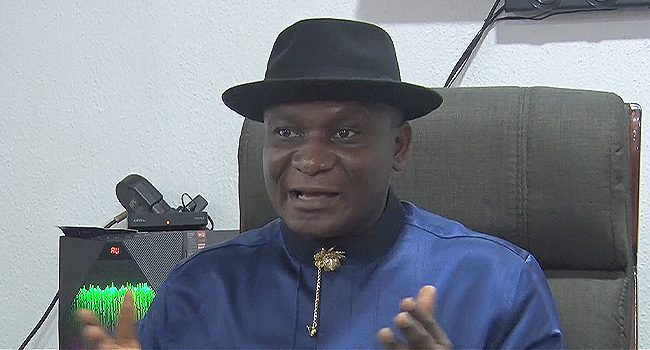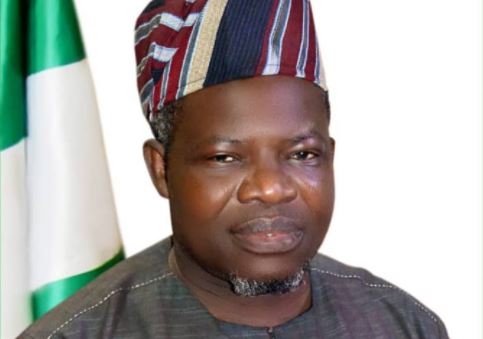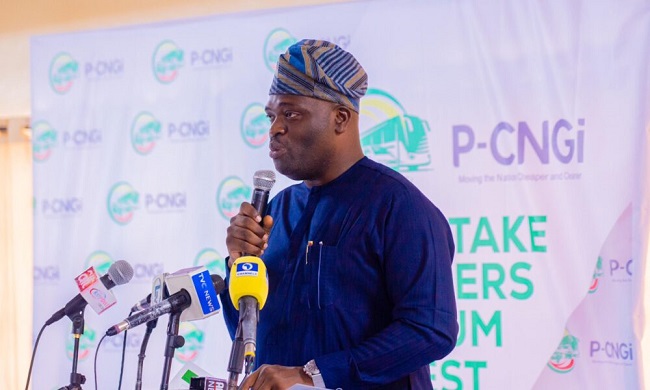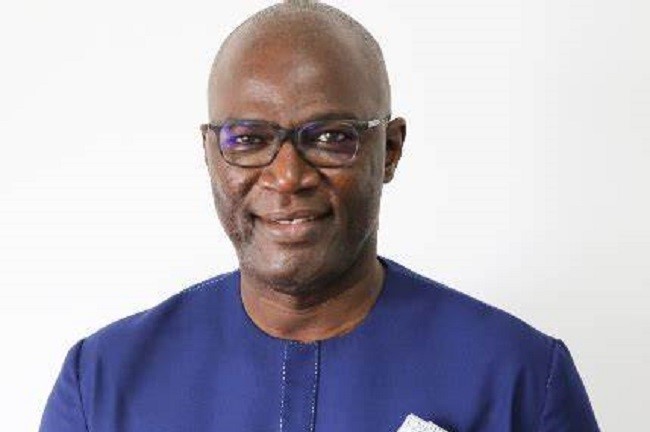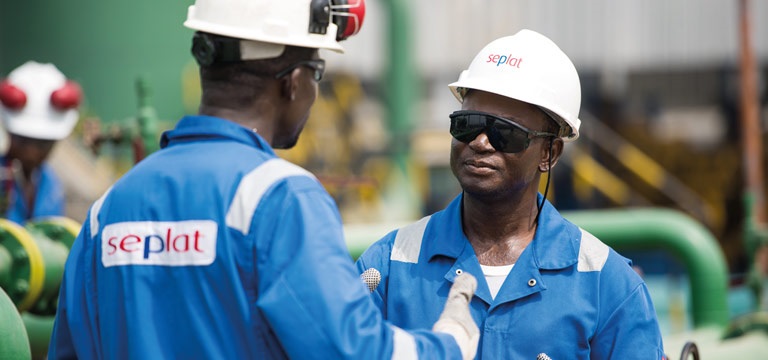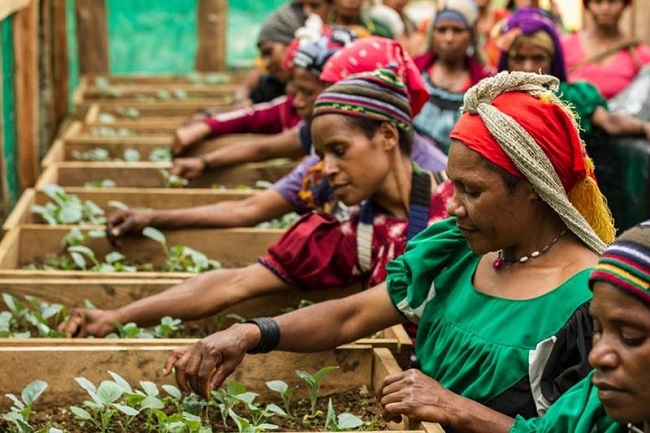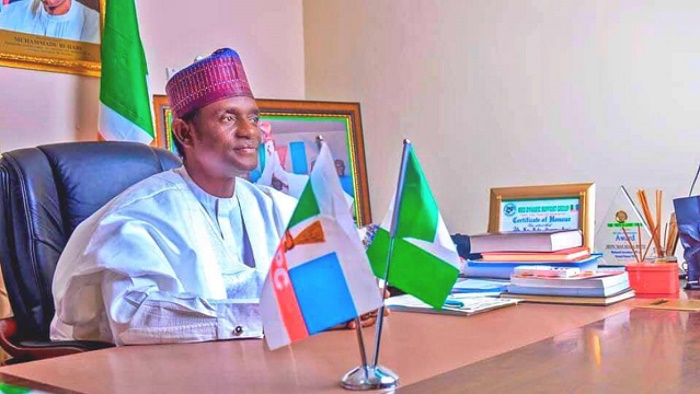Officials of the Ogun State Government and community leaders have hailed Shell Nigeria Gas (SNG) and NNPC Gas Marketing Limited (NGML) for their partnership in the reconstruction of a key community road that was commissioned on Thursday, April 3, 2025, in Ado-Odo Otta Local Government Area.

The 4.5km Ilogbo road provides access to some 75 communities and was in a bad state until both companies who operate in the area intervened in support of the development of host communities.
“Today we celebrate more than just the completion of the road, we celebrate the building of connections that will improve lives and strengthen communities true to our administration’s vision,” said Ogun State Governor, Prince Dapo Abiodun, who was represented by the Deputy Governor, Noimot Salako-Oyedele, at the commissioning.
“Creating an enabling environment for business through effective public private partnerships remains central to our development efforts,” he added.
SNG Managing Director, Ralph Gbobo, said: “The rehabilitated road is a testament to our shared commitment to enhance the quality of life for the people of Ogun State and our collaboration with NGML exemplifies our unified approach to community development. At SNG, we take pride in working alongside NGML to deliver real benefits to the people we serve.”
Managing Director NGML, Igwe Justin Ezeala, expressed similar sentiments: “We pride ourselves in the fact that we look after the needs and the interests of all our stakeholders. We take pride in ensuring that those people who are close to us, those people, we relate to, that they feel the positive impact of the business activity that is taking place there. I believe that Ogun State is not an exception,” he said in remarks delivered by the Executive Director Gas Distribution, Lawrence Chukwu.
The Olota of Otta-Awori Kingdom, Oba Abdulkabir Obalenlege, represented by the Aro of Ota, Ezekiel Fadipe, expressed gratitude to the sponsors of the project and commended them for involving artisans and other community labour in the construction process.
SNG has operated in Ogun State for over 20 years, setting up a thriving natural gas distribution business in the Agbara and Otta areas. The supply of gas to industries has promoted industrialisation, created employment opportunities and increased internally generated revenue in the state.
The reconstruction of Ilogbo road presents an extension of these benefits, as it will open pathways for trade, connect local businesses to broader markets and ultimately contribute to the economic development of the community and its neighbours.


